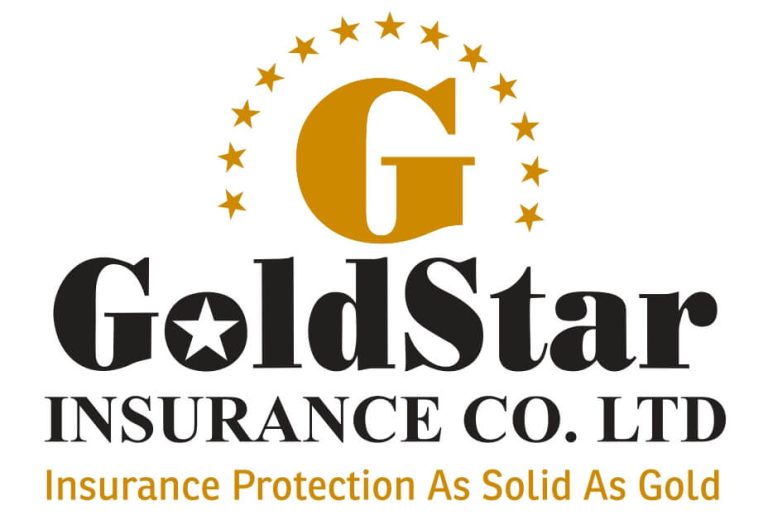Scope of Coverage
Types of Goods Covered
Ensure the policy covers the types of goods typically transported, including any special categories like hazardous materials, perishable items, or high-value goods.
Geographical Coverage
Verify that the policy covers all regions and routes where the carrier operates, including international destinations if applicable.
Coverage Limits
Per Occurrence Limit
Understand the maximum amount the insurer will pay for a single incident or claim.
Aggregate Limit
Know the total limit of liability for all claims during the policy period.
Deductibles
Assess the deductible amounts and their impact on the carrier’s finances. Higher deductibles can lower premiums but increase out-of-pocket costs in the event of a claim.
Exclusions
Standard Exclusions
Familiarize yourself with common exclusions such as war, terrorism, inherent vice, and delay without physical loss or damage.
Specific Exclusions
Be aware of any exclusions specific to the carrier’s operations, such as certain types of cargo or routes.
Additional Coverage Options
For a comprehensive coverage consider optional add-ons depending on the nature of your business operations and magnitude of your risk profile.
Claims Process
Efficiency and Support
Evaluate the insurer’s claims process for efficiency and the level of support provided, including 24/7 claim reporting and dedicated claims handlers.
Documentation Requirements
Understand what documentation is needed to support a claim and ensure you can meet these requirements.
Policy Conditions
Contractual Obligations
Review any conditions or obligations imposed by the policy, such as specific security measures, maintenance of vehicles, and reporting protocols.
Policy Renewal Terms
Know the terms for policy renewal, including any conditions that might affect renewal terms or premiums.
Premium Costs
Understand how the premium is calculated, including factors like cargo value, type of goods, routes, and loss history.
Look for discounts or incentives for implementing risk management practices or maintaining a good safety record.
Regulatory Compliance
Ensure the policy complies with all relevant regulations and legal requirements in the jurisdictions where the carrier operates. Some regions may have specific insurance requirements for carriers.








